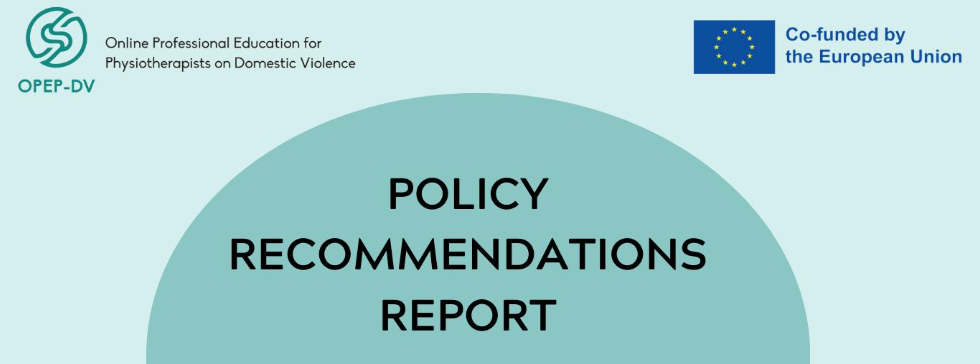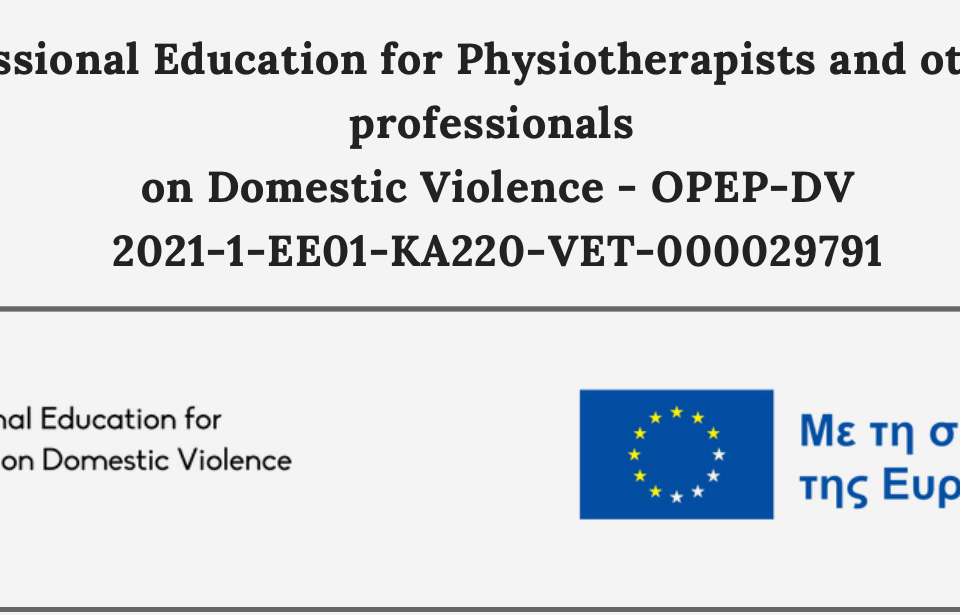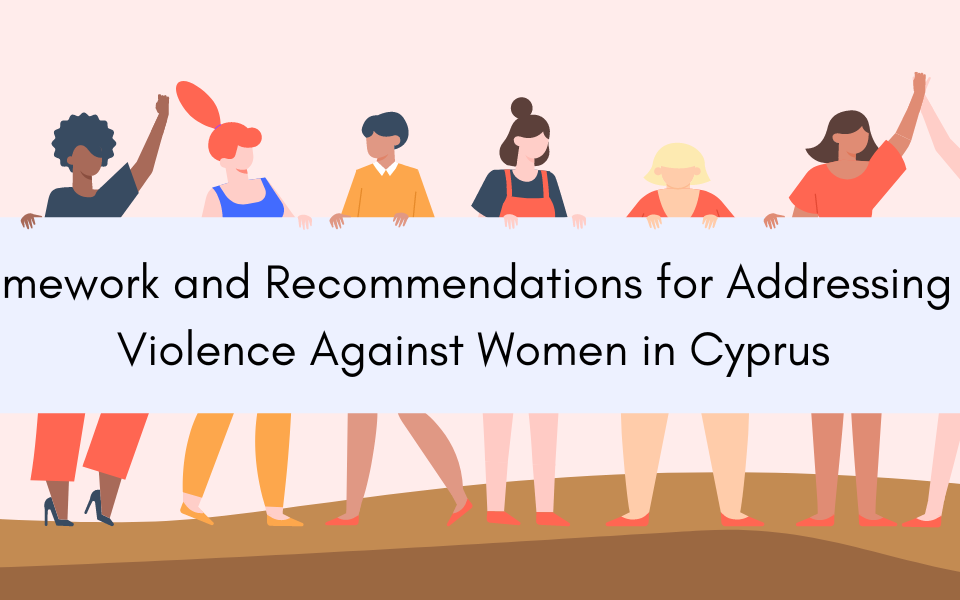OPEP – DV Policy recommendations

Policy Framework and Recommendations for Addressing Domestic Violence Against Women in Cyprus
December 16, 2023
OPEP-DV Newsletter
January 21, 2024Abstract:
Gender-based violence (GBV) is a pervasive issue affecting millions of women globally, with alarming statistics indicating the prevalence of intimate partner violence (IPV) and domestic violence (DV). According to the European Institute for Gender Equality (EIGE, 2023), a significant percentage of women have experienced forms of IPV, emphasizing the urgency to address this complex and multifaceted phenomenon. The OPEP-DV project, focusing on professional education and training for physiotherapy professionals, seeks to equip healthcare providers with the knowledge and skills to identify and assist victims of DV.
Physiotherapists and healthcare workers play a crucial role in the lives of women seeking medical care, making it imperative for them to be well-informed about DV and IPV. The project’s survey reveals a concerning gap in training, with the majority of physiotherapists having received no education on DV and IPV. This knowledge deficit results in missed opportunities to detect and address signs of abuse, hindering the creation of a coordinated and effective response.
This policy recommendation report outlines key steps for addressing the existing deficiencies. Recommendations are structured at both the EU and national levels, with a focus on Estonia, Greece, Spain, and Cyprus. The proposed measures encompass Education – Capacity Building and Legal – Policy domains, emphasizing gender sensitivity and GBV awareness in healthcare. Successful implementation of these recommendations requires tailored action plans for each country, ensuring an efficient response to the needs of women who are survivors of DV and IPV.
The downloadable report provides a comprehensive overview of the challenges, insights from the OPEP-DV project, and detailed policy recommendations. By advocating for gender-sensitive education and legal policies, the report aims to contribute to a more informed and responsive healthcare system, ultimately fostering a safer environment for women facing DV and IPV.
Download the full Policy recommendations report here




